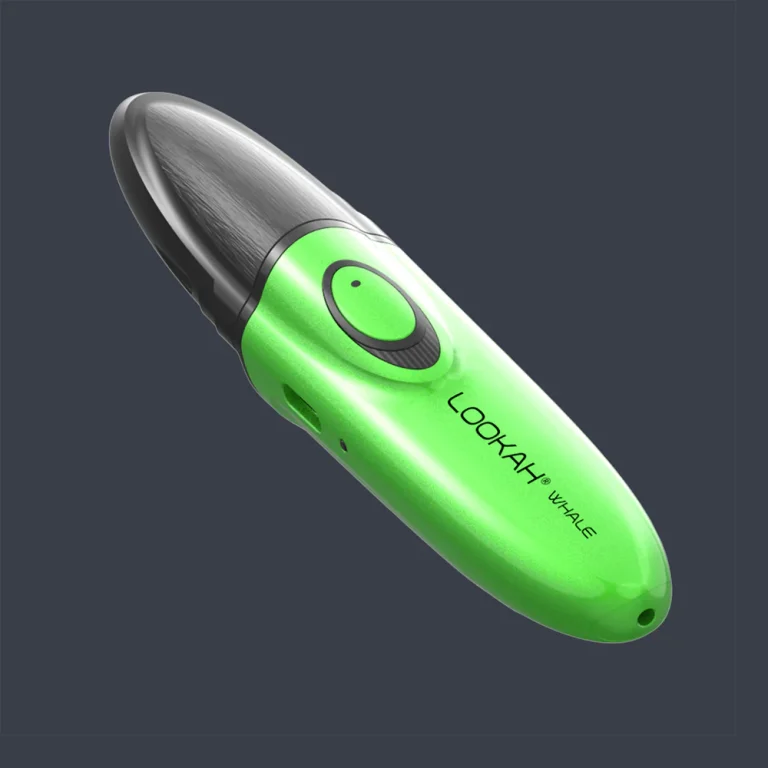
Understanding Amazon FBA Wholesale
Definition and Core Concepts
Amazon FBA wholesale refers to a business model where sellers purchase products in bulk from manufacturers or distributors and resell them on Amazon using the Fulfillment by Amazon (FBA) service. In this arrangement, sellers never physically handle the products; instead, they send their inventory to Amazon’s fulfillment centers. Once an order is placed, Amazon takes care of storage, packaging, and shipping, allowing sellers to focus on scaling their business and providing excellent customer service.
This model has gained significant traction among entrepreneurs, particularly due to the advantages of leveraging Amazon’s vast logistics infrastructure and customer base. Sellers benefit from the ability to offer Prime shipping to customers, which can significantly increase sales velocity.
Benefits of Amazon FBA Wholesale
The benefits of engaging in the amazon fba wholesale model are compelling:
- Scalability: With FBA, you don’t have to worry about stock management or order fulfillment, allowing your business to scale rapidly without the need for additional infrastructure.
- Prime Eligibility: Products enrolled in FBA are automatically eligible for Amazon Prime, which can increase visibility and attract more customers.
- Simplified Logistics: Amazon handles storage, packing, and shipping of products, which means less overhead and logistics management for the seller.
- Greater Focus on Sales and Marketing: By outsourcing fulfillment, sellers can dedicate more time to marketing strategies, product sourcing, and business growth.
Common Myths about Wholesale Selling
Despite its advantages, misconceptions about wholesaling often deter potential sellers. Understanding these myths is crucial:
- Myth 1: Wholesale is only for large businesses. Many small sellers find success in this space by focusing on niche products or markets.
- Myth 2: All wholesalers charge high prices. Many suppliers offer competitive pricing to attract FBA sellers, enabling profitable margins.
- Myth 3: You need extensive capital to start. While having funds helps, it’s possible to start small and reinvest profits over time.
Finding Reliable Suppliers for Amazon FBA Wholesale
Identifying Potential Suppliers
To establish a successful Amazon FBA wholesale business, finding reliable suppliers is a cornerstone of your operation. Start by researching local and international wholesale directories that list manufacturers, distributors, and wholesalers across various industries. Trade shows also provide great opportunities to meet potential suppliers in person and evaluate their offerings.
Utilizing online resources and networks, such as industry forums or social media groups dedicated to FBA selling, can also lead to valuable connections with reputable suppliers. Screening multiple sources helps ensure that you select suppliers who align with your business goals.
Evaluating Supplier Credentials
Once you’ve identified potential suppliers, the next step is rigorous evaluation:
- Verify Business Credentials: Check for legitimate business licenses, reviews, and testimonials from current or former clients.
- Request Samples: Before making any bulk purchases, request product samples. This will allow you to assess the quality and suitability of the goods.
- Assess Financial Stability: Understand the supplier’s financial health by reviewing their payment terms and any policies related to returns and warranties.
- Evaluating Product Range: Choose suppliers who offer a diverse range of products, enabling you to adapt and pivot as market trends change.
Establishing Strong Supplier Relationships
Creating lasting relationships with suppliers is essential in the wholesale business. Regular communication and transparency foster trust and allow you to negotiate better terms, pricing, and support. Developing a mutually beneficial partnership can lead to advantages such as priority access to new products and exclusive deals.
Engaging with suppliers by attending industry events and maintaining open lines of communication can also enhance your relationship. Be sure to address any issues or concerns promptly, as this will build a strong foundation for future collaboration.
Setting Up Your Amazon FBA Wholesale Business
Creating Your Seller Account
To start selling on Amazon, you’ll first need to create a seller account. Choose between an Individual or Professional account depending on your sales volume expectations. The Professional account, while incurring a monthly fee, allows for greater scaling potential, especially as you move into wholesaling.
During the setup process, thoroughly complete all sections, including business details, bank information for disbursements, and tax identification details. Clearly define your business name to enhance brand recognition.
Understanding Amazon’s Policies and Fees
Familiarize yourself with Amazon’s policies regarding product listings, shipping, seller performance standards, and customer service. Understanding fees associated with FBA, which include storage and fulfillment fees, is crucial for pricing your products competitively and ensuring profitability.
Regularly monitoring your account performance metrics can help preempt any potential issues that might arise from policy violations.
Stock Management and Fulfillment Strategies
Effective stock management is vital for maintaining product visibility and customer satisfaction. Use inventory management tools integrated with Amazon to track stock levels and forecast demand. This ensures you can replenish inventory before products run out, which is critical during peak shopping seasons.
Implementing a fulfillment strategy that aligns with your business model will help streamline operations. Analyze your sales trends and adjust your stock levels accordingly. It’s also beneficial to diversify your product offerings to mitigate risks associated with single-product dependency.
Marketing and Selling Your Products
Optimizing Product Listings for Visibility
Your product listings on Amazon serve as the first point of contact for buyers. High-quality product images, clear descriptions, and effective keywords are crucial for standing out in a competitive marketplace. Optimize your listings using SEO principles, focusing on keyword research to identify phrases that potential customers are searching for.
Utilizing Amazon’s A+ Content feature allows you to enhance your product descriptions with rich media, potentially improving conversion rates and boosting your brand image.
Utilizing Amazon Advertising for Growth
Investing in Amazon Advertising can significantly increase your product visibility and sales. Sponsored Products, Sponsored Brands, and Sponsored Display ads allow sellers to promote their offerings within search results and on product detail pages.
Setting a well-defined advertising budget and monitoring the performance of your campaigns will help you optimize your marketing efforts for maximum return on investment.
Leveraging Customer Reviews and Feedback
Positive customer reviews play a substantial role in influencing buying decisions. Actively soliciting feedback post-purchase can lead to higher review counts, fostering trust in your products.
Respond to customer queries and reviews promptly. Addressing negative feedback with professionalism can turn a potential issue into a positive customer interaction, enhancing brand loyalty.
Measuring Success in Amazon FBA Wholesale
Key Performance Indicators for Your Business
Track essential performance metrics to assess the health of your Amazon FBA wholesale business. Key indicators include:
- Sales Velocity: Monitor the number of sales over specific periods to identify trends.
- Return on Investment (ROI): Calculate ROI to ensure your marketing and product sourcing strategies are effective.
- Inventory Turnover: A higher turnover rate indicates that products are selling well, minimizing holding costs.
- Customer Feedback Rating: A consistently high rating improves your credibility and can lead to increased sales.
Adjusting Strategies Based on Metrics
Utilize the data gathered from tracking key performance indicators to make informed adjustments to your strategies. For instance, if certain products aren’t selling, revisit your pricing strategy, product descriptions, or marketing efforts.
Regularly review your advertising performance to refine targeting and bid strategies, ensuring that your budget aligns with the most effective campaigns.
Long-term Growth Strategies
To achieve sustainable growth in your Amazon FBA wholesale business, consider diversifying your product portfolio, entering new markets, or exploring additional sales channels outside of Amazon.
Investing in professional development and staying informed about market trends and changes in Amazon’s policies will allow you to adapt proactively. Networking with other sellers can provide insights and shared experiences that are invaluable for growth.





